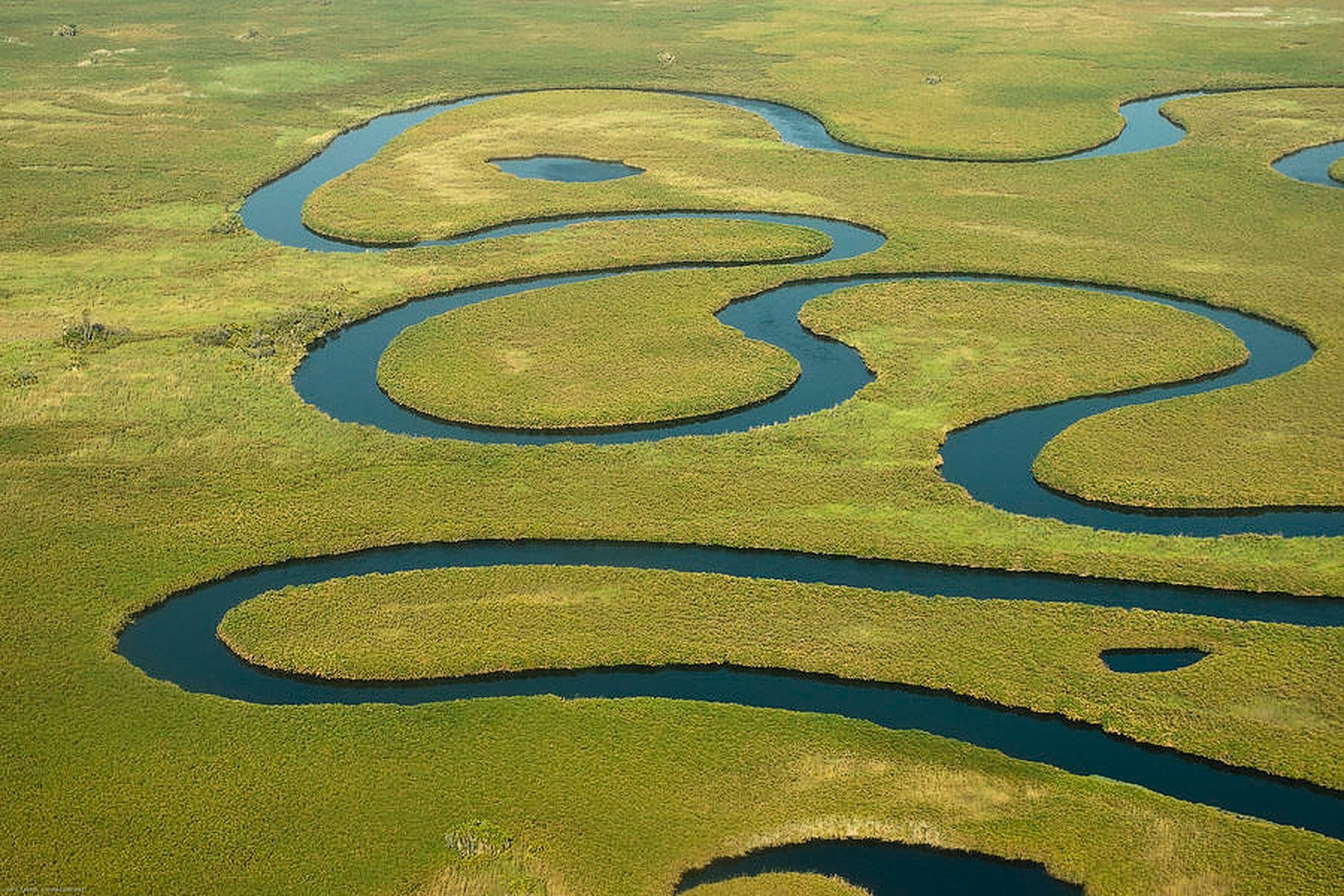Climate change has reached places unseen by the outside world, where low-income and remote communities face grave threats from all sides, and receive little to no attention. If there was ever a symbol that accurately depicts the impacts of climate change, then it would be rivers. Rivers are veins of the earth, and serve as the lifeblood for the most remote, underrepresented communities, with the example being the Okavango River. The Okavango Basin flows through three countries: Angola, Namibia and Botswana. It is the main source of water for millions of people in Africa, and as a protected area, it is regarded as one of the largest wetlands worldwide, and home to the world’s largest remaining species of birds, elephants, lions and wild dogs. As climate change alters river flows, communities directly feel the impact of access to water, food production, freshwater fisheries, and energy generation. “Climate is water: healthy freshwater systems will underpin more climate resilient communities, economies and ecosystems,” Stuart Orr, World Wildlife Fund Freshwater Practice Leader, once said. The sights, sounds, smells, tastes, and other sensory experiences associated with climate change are usually not seen as vital…



